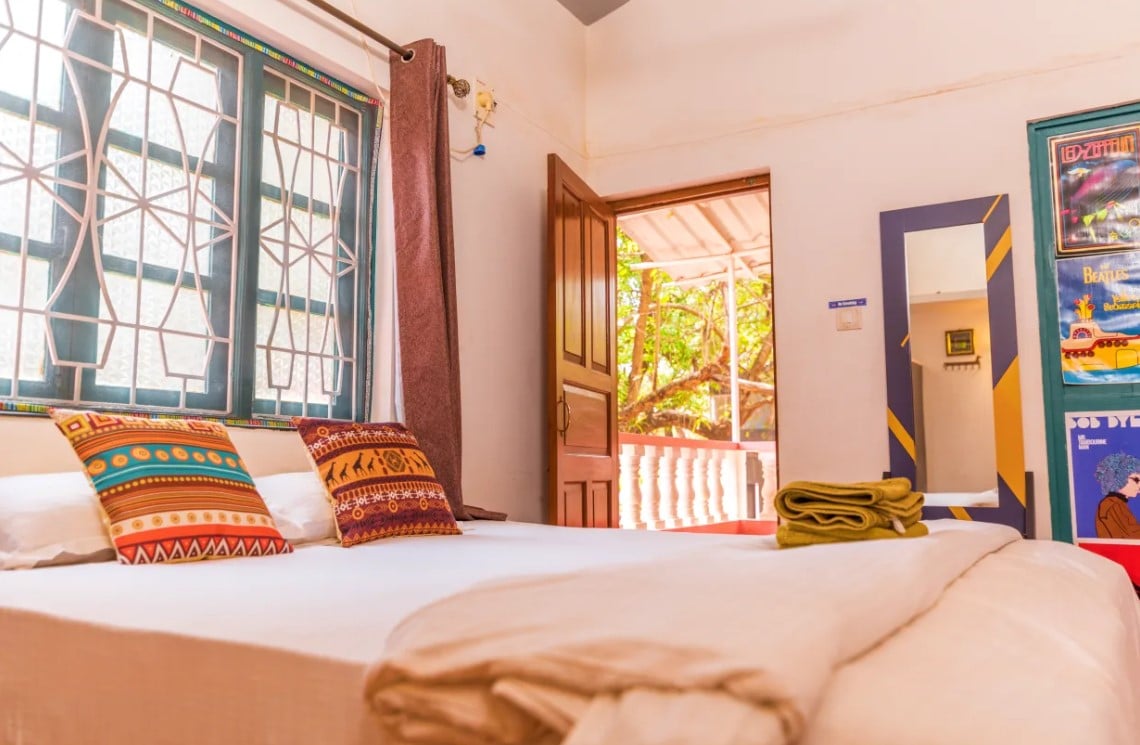Cultural Impact Pillar
Understanding our cultural impact informs the way we exist in society and influences inclusivity. This pillar covers how to protect cultural heritage and maintain respectful cultural interactions.
What's covered in Cultural Impact?
Cultural interactions: Providing information to employees and guests to educate them about appropriate behaviour while visiting the local area.
Protecting cultural heritage: Ensuring that hostel operations do not prevent local communities from accessing local historical/archaeological/cultural/spiritual sites.
Presenting cultural and heritage: Hostel maintains a register of all aspects of their hostel that are protected by intellectual property rights.
Artefacts: Abiding by local and international law, and lawfully selling, trading, or displaying historically and archaeological artefacts.
Hostels taking action

Cairns Central YHA, Australia
"[…] We also host indigenous cultural evenings where the guests get to immerse themselves in local indigenous culture. This includes dreamtimes stories, the associated dance (Which they all get to try) and teaching some local language of the yidinji countries Gimuy Walubara people. This is a great opportunity for them to gain some truly positive and immersive education on indigenous culture, language, and beliefs. We don't charge for any of these experiences to make sure anyone staying with us can be included."

Sunpath Mongolia, Mongolia
"[...] We try to help our guests high satisfaction and show Mongolian culture and history. Also, we try to keep our world that is why we prefer eco system and do sustainable tourism..."

U.R.D.Ki Hostel, India.
"[…] Our space offers offbeat tours about the local culture, food, heritage and biodiversity about the region hosted by local entrepreneurs and businesses. Local artists are offered a platform to display their talents and we provide guests with information regarding local ecosystems, heritage and culture..."
Summary
- Encourage indigenous and local communities to take part in decision-making.
- Consider the concerns and interests of indigenous and local communities.
- Respect and protect local knowledge and traditions.
- Use technology to promote the cultural heritage, e.g., QR codes, AR and social media.
- Apply necessary measures to prevent or rectify any negative impact that may derive from the hostel’s activity.
Benefits
- Customers: Travellers are increasingly choosing culturally responsible accommodation types.
- Reputation: Strengthening the brand image and reputation of the hostel
- Financial: Greater economic performance and in some cases cost savings.
- Expertise: Considering local knowledge adds value to decision-making and helps the preservation of spaces and artefacts.
Self-Assessment for Cultural Impact
- Does the hostel give information (written or verbal) to employees and guests on what is appropriate behaviour while visiting the local area?
- Is this information shared via a mobile app, QR codes, social networks, maps, signs, or screens?
- Do hostel operations in any way prevent local communities from accessing local historical, archaeological, cultural, or spiritual sites?
- If your hostel has incorporated traditional or contemporary culture, have you obtained the necessary intellectual property rights or permits from the local community?
- Does the hostel incorporate elements of the traditional and contemporary local culture? (i.e., supplying information on local culture and heritage, promoting culturally significant activities in the local area, interior design in rooms...)
- Does the hostel sell, trade, or display historical and archaeological artifacts? And if so, does it follow local and international laws?

